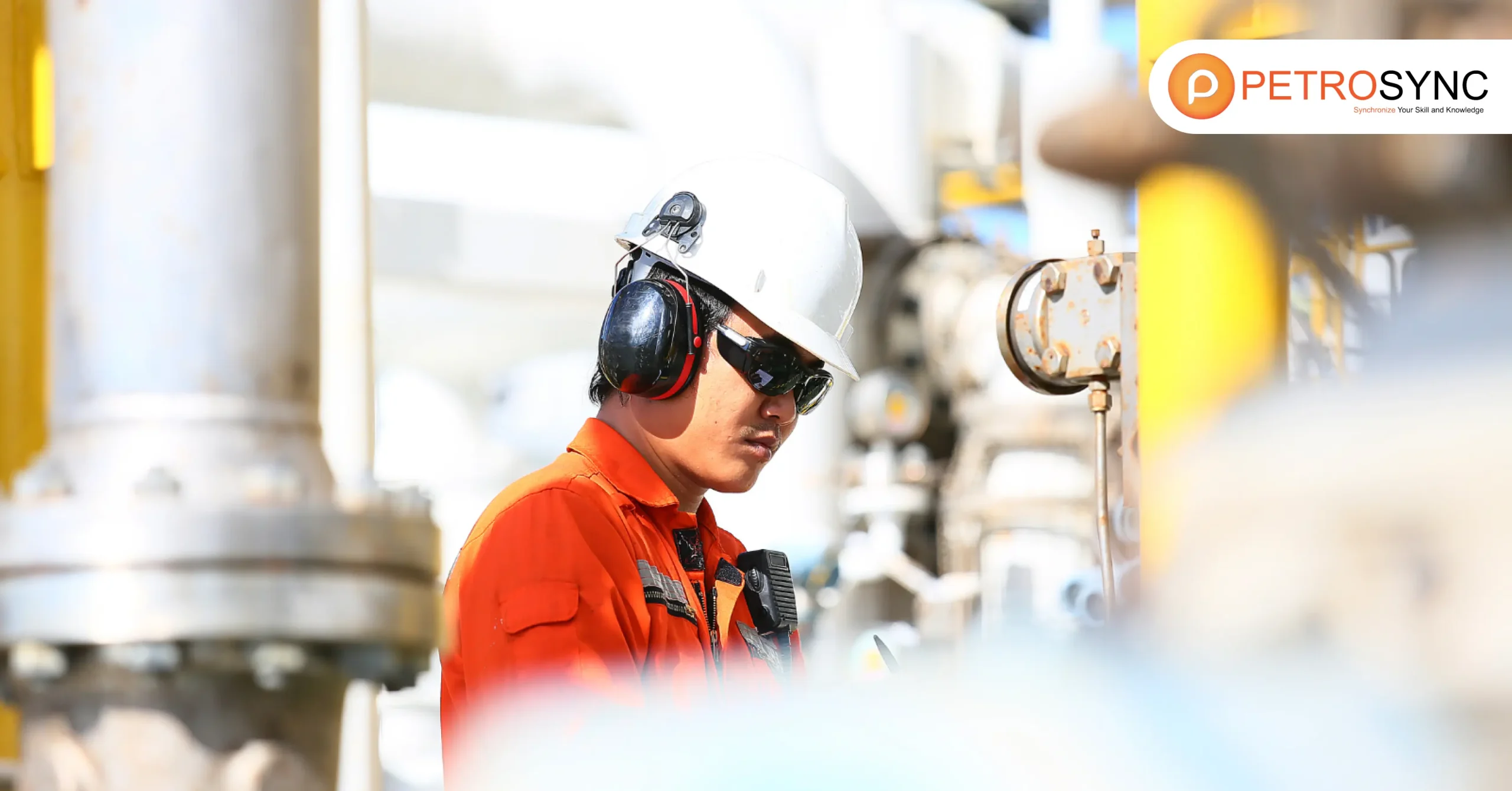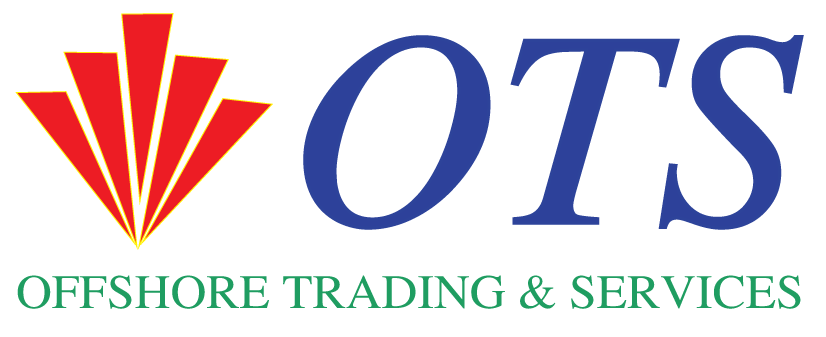
Mastering Asset Management with PetroSync’s ISO 55000 Training
In the ever-evolving oil and gas industry, managing assets efficiently is crucial for ensuring sustainability and maximizing value. ISO 55000 is an international standard that provides a comprehensive framework for asset management, guiding organizations in optimizing the performance, reliability, and longevity of their assets. With PetroSync’s expert-led ISO 55000 training, you can equip yourself with the knowledge and skills needed to implement and maintain an effective asset management system tailored to your organization’s needs.
#### Understanding ISO 55000
ISO 55000 is designed to be a blueprint for sustainable asset management, emphasizing a holistic approach that covers the entire lifecycle of assets, from acquisition to disposal. By adhering to this standard, organizations can improve their asset performance, reduce risks associated with maintenance and other factors, and align their asset management systems with their business goals. This standard is applicable to various sectors, including gas, electricity, water, transportation systems, public facilities, manufacturing, and natural resource industries.
#### Key Components of the ISO 55000 Training Course
PetroSync’s 3-day ISO 55000 training course is meticulously designed to provide a deep understanding of the standard and its practical applications. Here is a breakdown of the key components covered during the course:
**Day 1: Introduction and Strategic Asset Management Plan (SAMP)**
– **Introduction to Assets, Asset Management, and Asset Management Systems:** The course begins with an in-depth exploration of the definition of assets, asset management, and asset management systems as per the ISO 55000:2014 guidelines.
– **Tools Used in Asset Management and Asset Integrity Management:** Participants will learn about various tools and technologies like Reliability Centered Maintenance (RCM), Risk-Based Inspection (RBI), Computerized Maintenance Management Systems (CMS), Management of Change (MoC), Culture Change, Root Cause Analysis (RCA), Condition-Based Maintenance Management Systems (CSMMS), and
